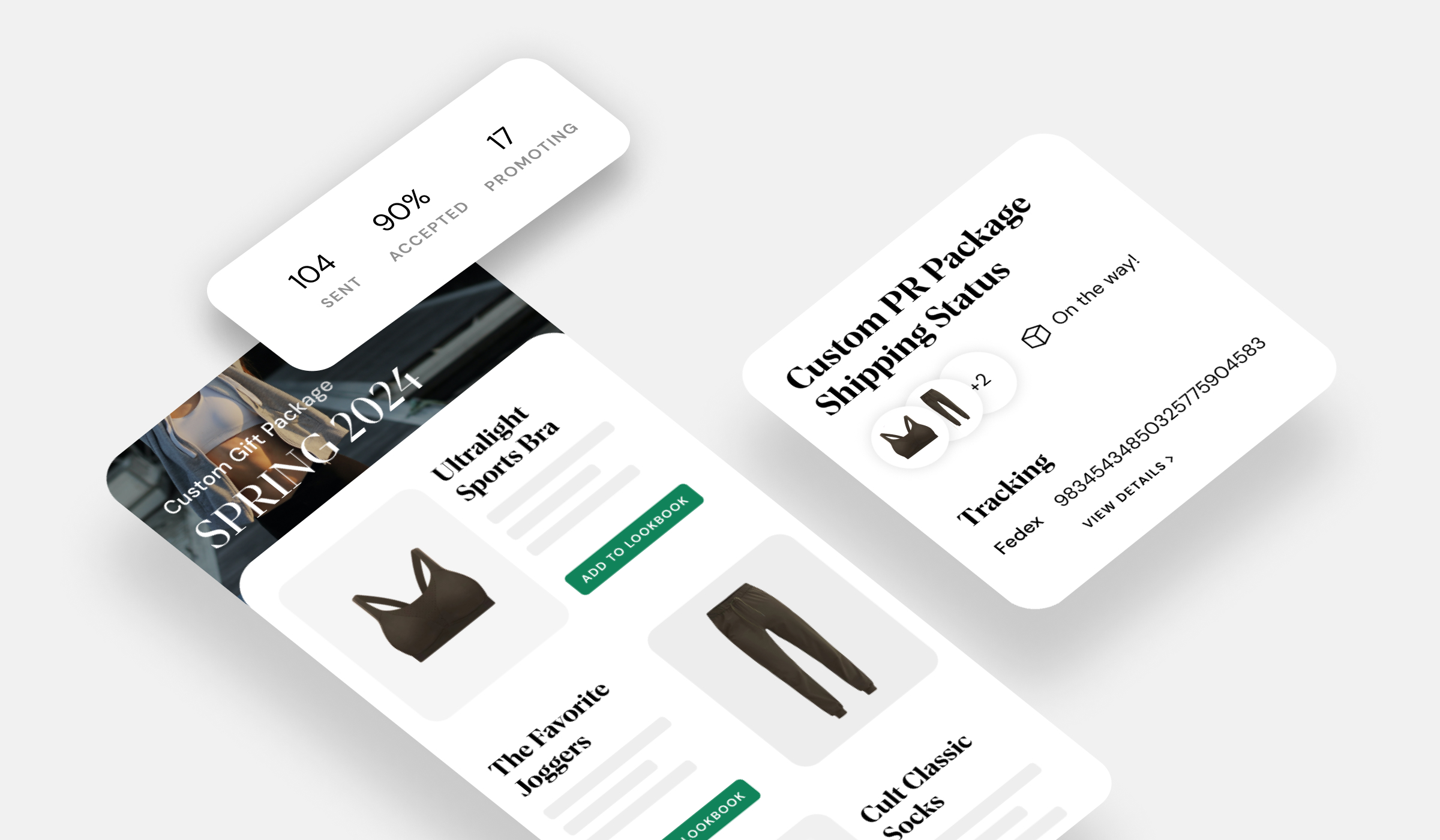ShopMy, a marketing platform for content creators to connect with brands and monetize their content, announced that it raised $18.5 million.
The company will use the money to help scale its network of 40,000 creators, including Alix Earle, the latest “It Girl” on the internet with more than 10 million followers on TikTok and Instagram.
ShopMy’s marketing platform equips creators with the tools they need to earn from their product recommendations, like building digital storefronts, accessing a catalog of millions of products, making commissionable links and chatting directly with companies via mobile app.
To date, creators have earned “tens of millions in commissions” on the platform, the company tells TechCrunch.
For brands, the platform is a talent discovery hub and campaign builder rolled into one. More than 1,000 companies — such as Nike, NET-A-PORTER, Chanel, Drunk Elephant and Tatcha — have joined ShopMy’s network.
ShopMy was founded in 2020 by Harry Rein (CEO), a former Oracle software developer who founded an e-tutoring startup when attending MIT; Chris Tinsley, an MIT Sloan graduate; and Tiffany Lopinsky (COO), a Harvard graduate and food blogger.
The idea for ShopMy came about while Tinsley was studying the creator economy in college.
“He observed a significant disconnect in the social media ecosystem: Influencers struggled to monetize their product recommendations effectively, and their followers didn’t have an easy path to purchase. Chris viewed ShopMy as the solution, a bridge that transformed how influencers share and monetize their product recommendations,” Rein explains.
The sizable round means investors continue to take the influencer marketing space seriously. And they’re probably right to do so — the creator marketing industry is expected to grow to around $24 billion by the end of 2024, and the overall creator economy is estimated to be worth $480 billion in the next three years. As venture capitalists have told us in the past, influencer marketing platforms are considered one of the most investible categories in the creator economy because they consistently help creators earn money.

Several startups have emerged in recent years to launch platforms that connect creators and brands. Even Instagram has embraced creator marketing, launching a marketplace tool for paid partnerships in 2022. The marketplace has attracted thousands of creators and brands, and, this past month, Instagram rolled it out to eight more countries.
ShopMy says its direct competitors are LTK and GRIN, and its main differentiators are its unique features. For instance, a “Social Mentions” feed lets brands see all organic mentions across TikTok, YouTube and Instagram (including expired Stories) so they can get an idea of their online presence and discover posts from new creators. ShopMy is exploring integrations for other social platforms like Substack and Pinterest.
The company recently introduced “Lookbooks,” which enables brands to send gifting requests and allows creators to choose the products that fit their aesthetic. Since launching four months ago, Lookbooks has facilitated the distribution of over $2 million worth of gifted items, ShopMy touts.
ShopMy takes a commission on creator sales. The company isn’t disclosing the exact fee but says it’s “small.” Meanwhile, brands pay a subscription starting at $999. The cost increases depending on how many advanced features a brand wants.

In addition to expanding its network, the new capital will go toward product development and hiring. In the near future, the company plans to accept content creators from other niches, such as maternity, fitness, wellness and travel. ShopMy currently only works with beauty, lifestyle and fashion influencers.
The round was led by Inspired Capital. Additional investors include AlleyCorp, Scott Belsky (Adobe’s chief strategy officer), Jennifer Fleiss (Rent the Runway co-founder) and Rand Currier (Granite co-founder and COO).
Mavn launches its app to connect influencers with brands and provide paid experiences
Influencer shopping app LTK adds creator product reviews in its latest update































Comment